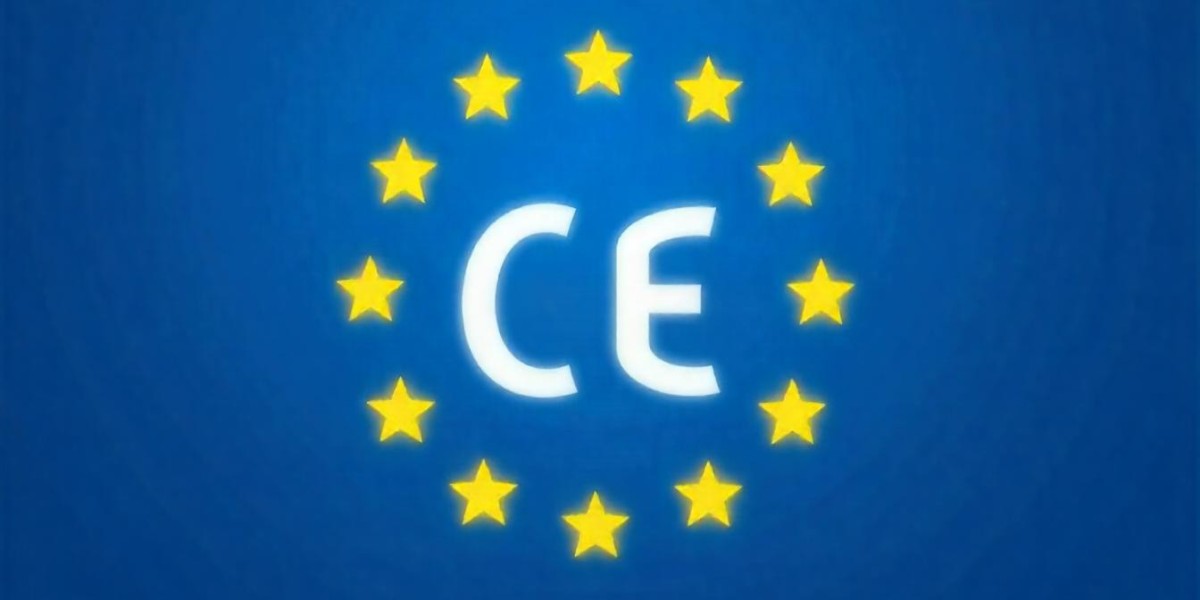What is CE Certification and What Does It Signify?
CE certification, often seen as the “passport to Europe,” is a declaration that a product complies with the essential health, safety, and environmental requirements outlined by the European Union (EU). The letters "CE" stand for "Conformité Européenne," meaning European Conformity. This mark is not a quality indicator but a legal requirement for many products sold in the European Economic Area (EEA). By affixing the CE mark, manufacturers take full responsibility that their products meet EU directives and can be freely traded across European borders without further modifications or approvals.
Who Needs CE Certification and for What Products?
CE certification is mandatory for a wide range of products, including electronics, machinery, medical devices, toys, construction materials, and personal protective equipment. Whether you're a local startup or a global manufacturer, if your product falls under one or more CE directives and you wish to access the European market, you must obtain CE certification. The process helps ensure that products pose no harm to users or the environment, aligning with Europe’s stringent regulatory expectations.
The CE Certification Process: What It Involves
The journey to CE marking starts with identifying which EU directive(s) apply to the product. This is followed by conducting a conformity assessment, which may include product testing, risk analysis, and quality system evaluation. For low-risk products, manufacturers can self-declare conformity, but higher-risk categories require assessment by a notified body—an independent organization designated by EU member states. Once compliance is verified, the CE mark is affixed to the product, and the manufacturer issues a Declaration of Conformity, which must be retained for inspection.
Why CE Certification Adds Value to Your Business
Beyond regulatory compliance, CE certification boosts market credibility. It sends a clear message to consumers and partners that your product meets high safety and environmental standards. This not only enhances consumer trust but also opens access to over 30 countries within the EEA. CE marking also reduces technical barriers to trade and helps speed up product distribution. For global businesses, it’s a powerful tool for entering and thriving in one of the world’s most regulated and lucrative markets.
Conclusion
CE certification is more than a legal obligation—it’s a strategic advantage. By aligning with EU regulations, businesses can expand globally, enhance customer trust, and ensure product safety. In today’s competitive and compliance-driven market, the CE mark is a stamp of trust, responsibility, and international readiness.







